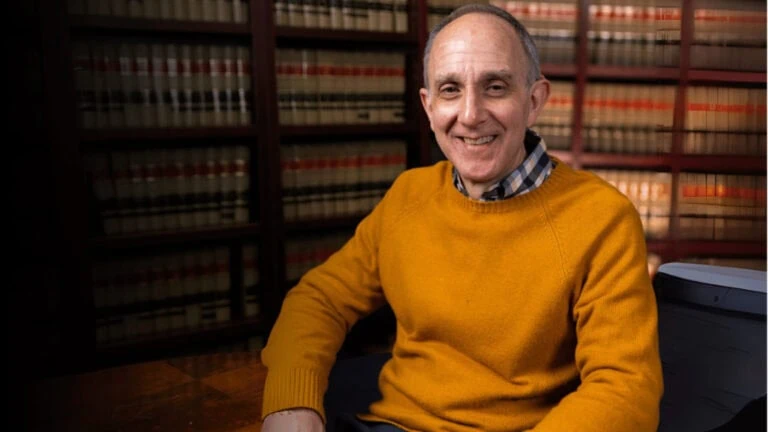
Social media is part of our daily lives. More than 1.7 billion people have active social media accounts. Some popular social media websites include: Facebook, Twitter, LinkedIn, Pinterest, YouTube and Foursquare.
These are just a few of the social media sites defense lawyers and insurance companies may monitor frequently during your personal injury claim. Your posts are admissible in court, and they can be damaging evidence against the injured party. While it’s easy to think that your private posts remain private, defense lawyers can demand, and by court order, obtain those private posts.
For example, many defense lawyers, insurance adjusters and investigators have LinkedIn accounts and routinely and anonymously view injured parties’ profiles searching for incriminating evidence to deny claims and defeat lawsuits.
A video shared on YouTube showing the injured party doing physical activities outside the physical limitations claimed by the party can kill any reimbursement claim.
On Pinterest, defense lawyers can use a post, referred to as a “pin”, at trial to show a jury that the plaintiff enjoys hobbies, convincing jurors to reduce or deny reimbursement for non-economic damages such as “the ability to enjoy life.”
Protect Yourself
If you are the plaintiff in a personal injury claim, honesty is the only policy. Never claim injuries you don’t have or work loss you didn’t experience. False claims are always discovered. Even with no social media, insurers and experienced defense lawyers will find the evidence if claims are inflated or false.
If you are injured in an accident and plan on being represented in a personal injury claim, here are recommendations to protect yourself if you plan to continue using social media:
⦁ Do not delete old social media posts or entire accounts. These are discoverable, and deleting such evidence when you know that they are evidence in litigation or potential litigation could subject you to Court sanctions for “spoiliation of evidence.” Among the sanctions defense attorneys can seek for spoliation is the permanent dismissal of a plaintiff’s lawsuit.
⦁ Check all your account your privacy settings. Make sure all social media accounts are set to “private.” Anything left on a public page will be used against you. But again, even private posts are discoverable and may be used against you.
⦁ Never post about your accident or injury. Do not give details about the accident, negligence, injuries, or recovery on any social media or a personal blog. Any posting can defeat your claim. Keep all information off social media, and never discuss your claim with anyone other than your attorney.
⦁ “Go dark” and stop posting on all social media accounts until your suit has ended. By posting cheerful pictures of you with friends and family or posting comments about parties or events, defense lawyers and insurers will claim “You must be fine if you’re smiling at a party with your friends.”
⦁ Ask family and friends not to post about you. A photo or comment about you on social media can be just as damaging as your own. Remind those around you that you are in a lawsuit and do not want to be in social media posts until after it is over and done. On Facebook, for instance, you can set your privacy settings to approve or disapprove posts before anything is posted to your wall.
⦁ Google yourself. This will help you find posts you should make private.
While taking these steps will not keep the defense lawyers and insurance companies from locating information about you, it may limit their negative discovery.
If you or a loved one has been injured in an accident, consider contacting me at (904) 632-2424.


